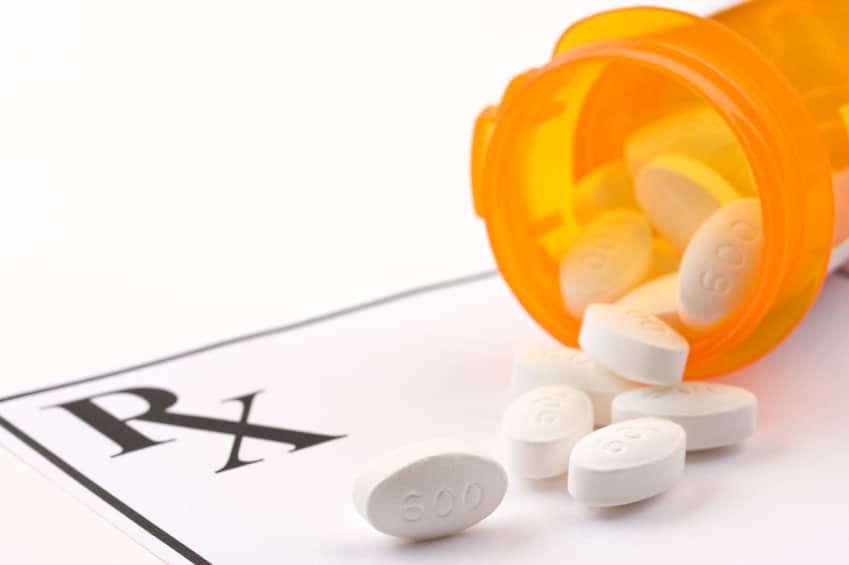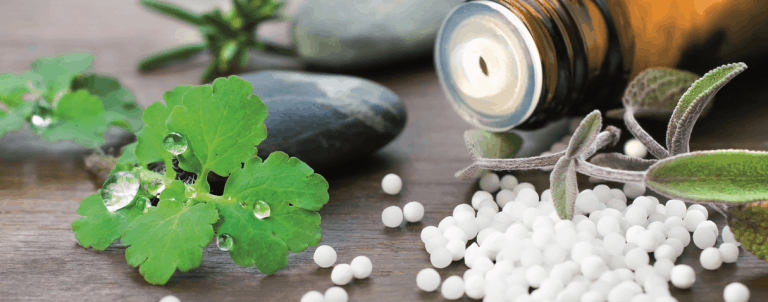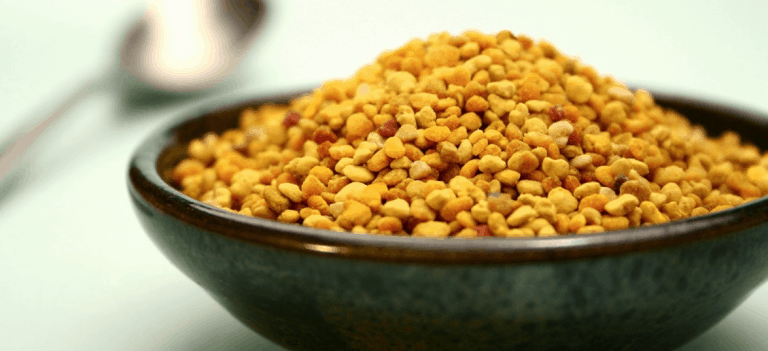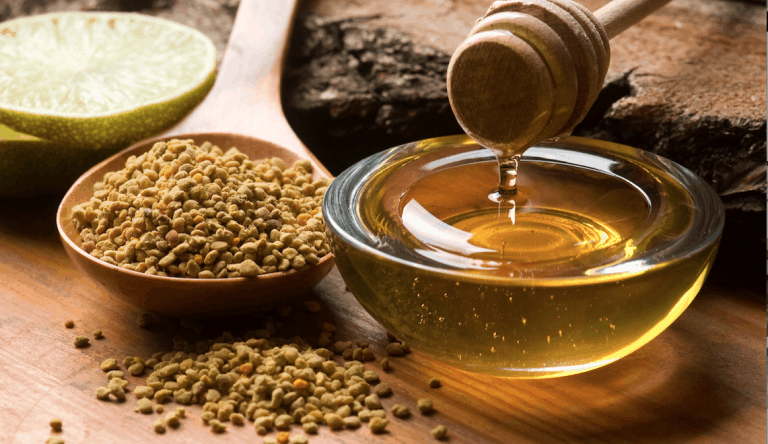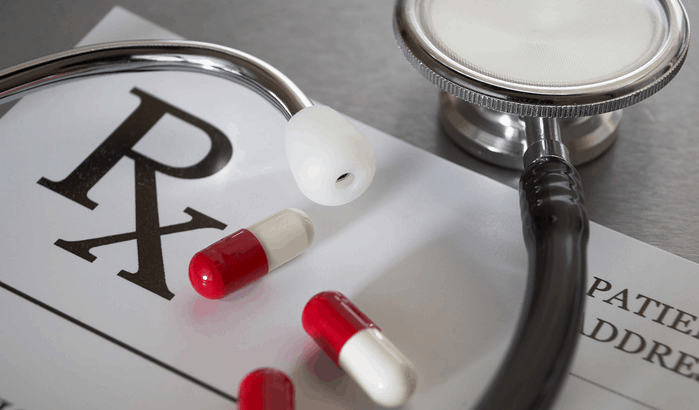Having a bladder or other infection may trigger acute bacterial prostatitis or even lead to chronic bacterial prostatitis. A bladder infection is also known as a urinary tract infection or cystitis. When bacteria get in the urine, they can leak into the prostate. Other types of infections occurring elsewhere in the body can also cause prostatitis. There are a few reports of immune compromised patients who developed chronic pelvic pain syndrome (CPPS) from cytomegalovirus. Immunocompromised patients may also be more susceptible to other bacteria, viruses, and fungi.
A cystitis infection can usually be treated with antibiotics for one to two weeks. If the infection has caused acute bacterial prostatitis, it becomes a much more serious infection, which may require four weeks of treatment. Patients with chronic bacterial prostatitis need a longer treatment program of 6 to 12 weeks.
Chronic bacterial prostatitis can be present for more than three months. Symptoms may can come and go in that time. Most men who suffer from chronic bacterial prostatitis find that employing natural prostatitis treatments such as phytotherapy, supplements, and dietary changes are helpful in managing and eliminating this challenging problem.
Other possible infective causes of prostatitis include bladder infections, sexually transmitted diseases, and HIV. The herpes virus can also cause men to experience CPPS symptoms during an outbreak.
The main bacterium that is usually responsible for causing bacterial prostatitis is Escherichia coli (E. coli). This bacterium can get to the prostate through the urethra, urine, or by creeping up into the bladder through the rectum. One cause of this is food contamination, when bacteria from undercooked meat make their way from the gut to the prostate.
There are a number of supportive measures a man can take to relieve prostatitis symptoms caused by a bladder or other infection. These therapies may include alternative prostatitis treatments such as prostate massage or a sitz bath. A doctor may also recommend medications such as pain relievers, anti-inflammatory drugs, or muscle relaxers to help with prostatitis discomfort caused by bladder and other infections.

